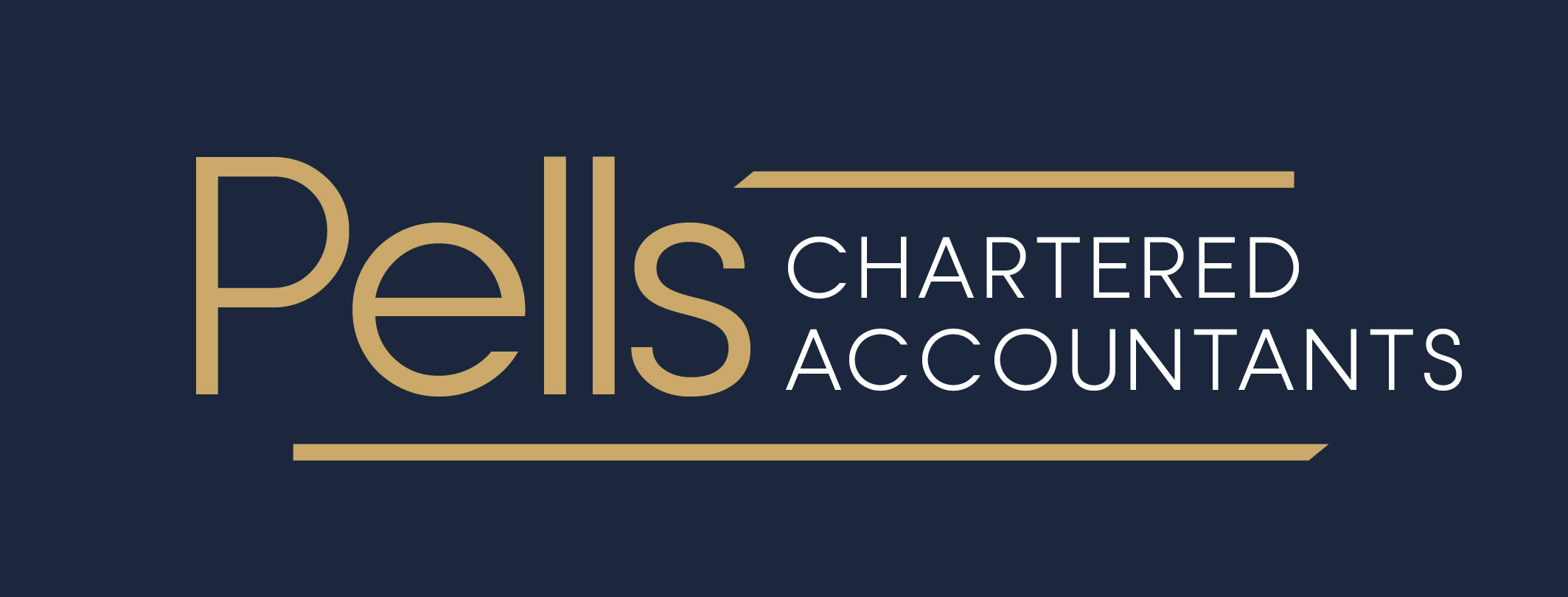Government have set out a list of six actions that all businesses who continue to trade with EU customers or suppliers should complete now that the formal transition has ended..
The list is:
- Goods – if you import or export goods to the EU, you must get an EORI number, make customs declarations or employ an agent to do them for you, check if your goods require extra papers (like plant or animal products) and speak to the EU business you’re trading with to make sure they’re completing the right EU paperwork. There are also special rules that apply to Northern Ireland. Hauliers must obtain a Kent Access Permit and have a negative COVID test before they head to port in Kent.
- Services – if you deliver services to the EU, you must check whether your professional qualification is recognised by the appropriate EU regulator.
- People – if you need to hire skilled staff from the EU, you must apply to become a licensed sponsor.
- Travel – if you need to travel to the EU for business, you must check whether you need a visa or work permit.
- Data – if your goods are protected by Intellectual Property (IP), you will need to check the new rules for parallel exporting IP protected goods from the UK to the EU, Norway, Iceland and Liechtenstein. You risk infringing on IP rights if you do not follow the new rules.
- Accounting and reporting – if your business has a presence in the EU you may need to change how you undertake accounting and reporting to ensure compliance with the relevant requirements.
These six key actions should act as a guide for every business affected by the new rules, with more detailed, personalised advice available through the checker tool on gov.uk/transition.
